Sack Cloth and Coal

As Hector tied sacking over Henrys feet, Henry chomped leisurely at the contents of his nose bag whilst his tail tried to knock Hector’s cap off.
Nay lad we’s going to need our caps and boots this day. It’s sore cold outside and we’ve forty bags of coal to deliver. You’re be needing all your strength and the old yellow blanket, for Iceland’s got now’t on Birmingham today.
With layers of sacking over his leather jerkin Hector guided Henry around drab red brick streets. Now and again Hector would loop his arms around the horse’s neck as they both struggled to earn their keep.
Footnotes:
The winter of 1946/47 was bitterly cold and the continuation of former wartime austerity meant that coal was still rationed.
Hector and Henry are an amalgamation of childhood memories. Inspired by a memories told to me by Bill Thornber.
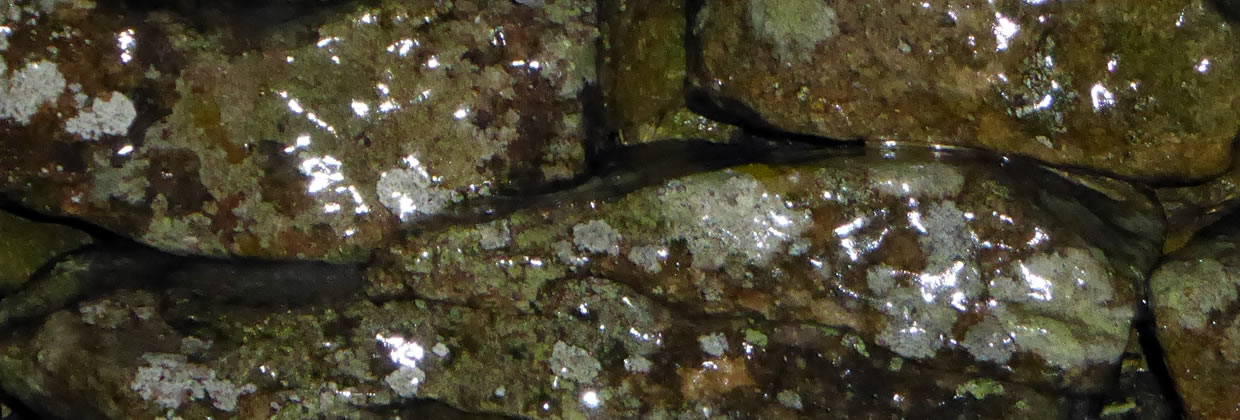
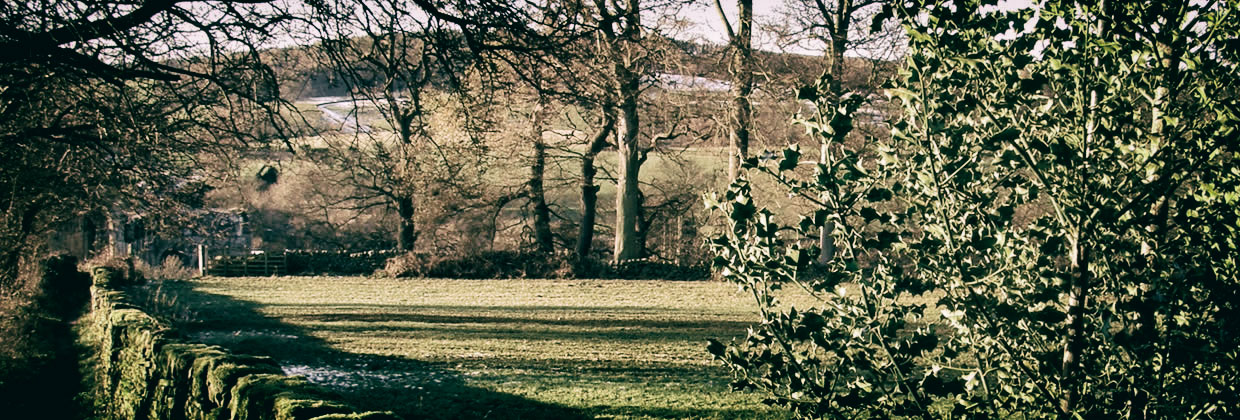


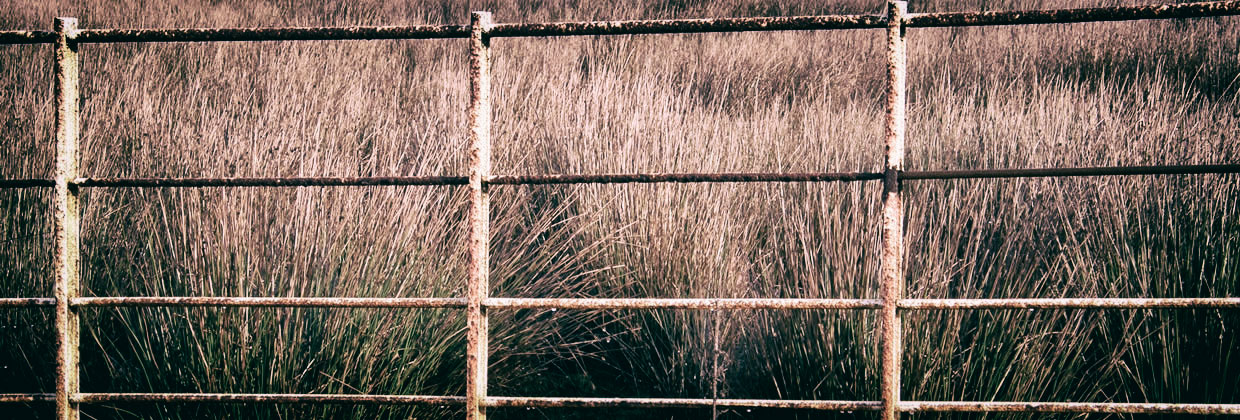
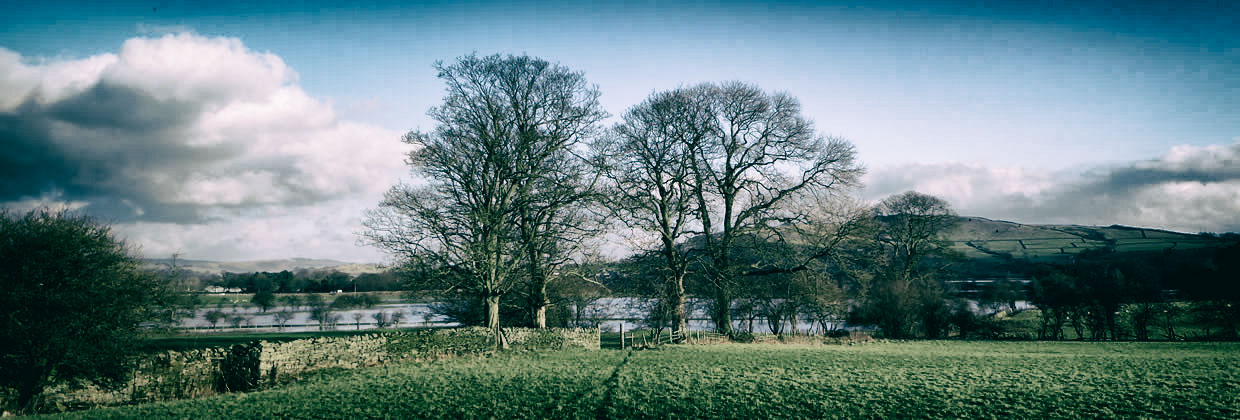

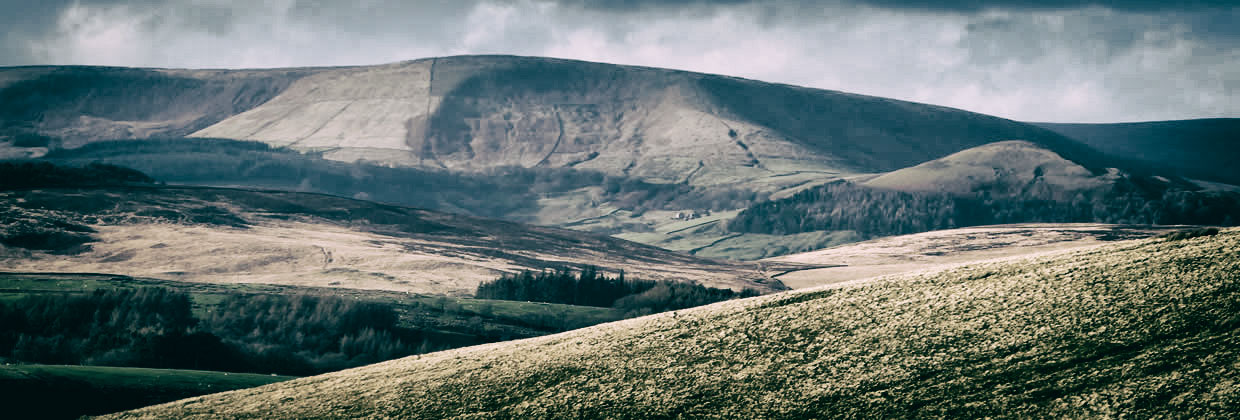
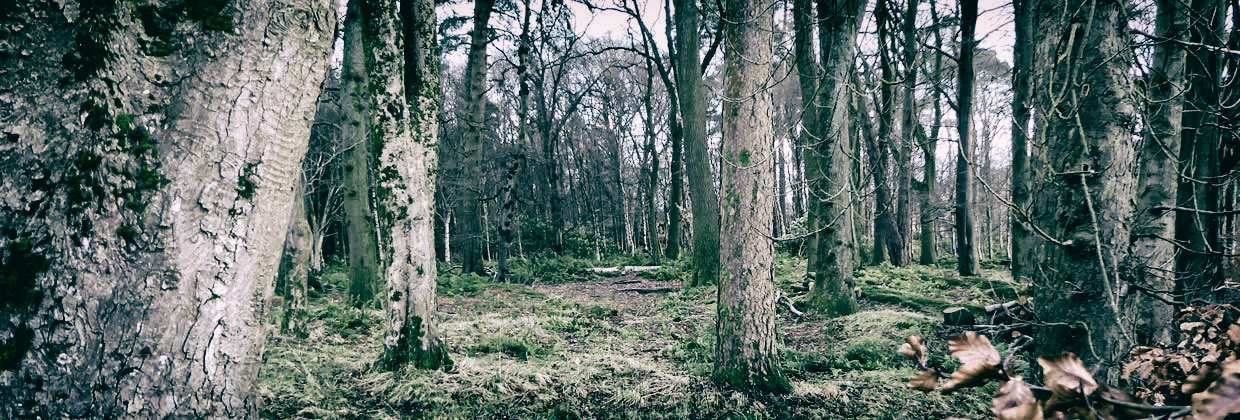


Nicely evoked, the atmosphere of by-gone days
Thank you Neil, they certainly are by-gone days, but still sharp in my memory.
great imagery. i can visualize as we speak.
Thank you Plaridel, that is a kind comment. As writers we must hope that our readers find great imagery in what we write.
Henry got better treatment than most of the horses so far in the Friday Fictioneers stories. A lovely warm story.
Thank you Sandra, its damp and cold here, so I needed a warm story. Hector even brushed the short beard that his old horse had.
Lovely scene, I can see them struggling through the streets against the elements. Nice one Michael.
Thank you Iian, for this old pair it was a struggle, but Hector took great care over Henry, brushing him daily
Dear Michael,
I’m so pleased that Hector didn’t eat Henry. You created a three dimensional character with the dialect. Lovely.
Shalom,
Rochelle
Thank you Rochelle, I do find dialect really hard to write, your comment will encourage me to at least attempt using dialect in the future.
Such a neat story, Mike. It’s like I saw it in a living photo. Bravo!
Thank you so very much. I do wish that I had thought to use my camera to record so many things that have now disappeared.
What an awesome little glimpse of a piece of history. How soon we have forgotten what a real day’s work is. Ever and always, I will remember with profound love, respect, and honor the gentleman farmer who delivered milk to us even in the middle of the blizzard of 1978. He did so by horse and sleigh. An extremely rare sight in central Ohio back then (or even now), but ever so blessed by his devotion. Mom had left me home to take care of gr. grands (I was 8) so she could walk the mile and a half to the store and doc’s office for medicines. She’d been gone for many, many hours. The farmer’s visit literally saved our lives, especially my Mom’s. He asked where she was, I told him she left to go to store right when the sun came up. It was evening now. He left and went looking for her. He found her in a snow bank about 3/4 a mile from home. Frostbite, hypothermic, barely alive. He brought her home by sleigh and fetched the doctor on the way.
Thank you for sharing a piece of real life, your farmer was an intelligent resourceful man. Until the 1950s some farmers around here in the yorkshire dales used sleighs to move items on the steep hillsides
Oh, I can just imagine. That would be so terrifying, I think, to ride in such a conveyance up a sharp hill. I’ve ridden in sleigh’s but only on flat ground.
It’s the downhill part that would scare me.
Once the sleigh starts moving downhill its best to jump off. I once roller skated down a steep lakeland hill, never again, it was terrifying. Mike
Mostly they were taken up hill empty, then used on grass or snow to slide a load down the hill. I have seen a similar set up using runners under large wicker baskets to slide/carry tourist down a hill in Madera’s capital !!!
I love the scene in my head as this little team makes its weary way around the cold streets.
Thank you so much for your comment, as a writer I always hope to paint images.
I love this very much.
The bond between the both of them is sweet.
I like the voice in this and love where it came from. Thanks for the footnote.
Thank you so much for your feedback, it is appreciated. Mike
Nicely painted scene 🙂
It helped that I had Bill who recalled the memories to mind.
And all this time I thought he was delivering Christmas presents to all the bad little girls and boys (just kidding). Beautifully written, Mike. I felt like I was there in the moment.
I guess he occasionally carried other goods, perhaps for someone doing a moonlight flit.! Thank you for the positive feedback
This reminded me of my friend Jennifer from my early schooldays – her dad was a coalman who kept his horse in a shed behind their house. I can still smell the coal dust.
Thank you so much Liz, I so remember that smell, and I wanted to describe it in the story, but sadly I did not manage to do so.
This is a wonderful lesson about history. What I love most is the affection between horse and man despite the hard times and life they lead.
In this case it was as they say “a trouble shared is a trouble halved”
I love the dialect you used in this. It reinforced a real sense of the scene.
Thank you Clare, dialect and me generally don’t get on, as I find it hard to think in regional dialects, sadly my own rural dialect has long ago disappeared. So I am so pleased to get your feed back.
You captured the sense of a time, place and situation brilliantly here.
Thank you for your kind feedback Michael, it is appreciated.
Despite the ordeals of cold weather and rations I can feel the warm connection between Hector and Henry (love the choice of names)
Thank you so much Bjorn for your kind comment. Hope that you are keeping warm and have plenty of rations in for the festive season.
The struggles of horse and man make for some strong imagery. Well done.
Thank you Alice,
I truly love this story. There is such a wonderful balance between need, want and love. Kudos, Michael.
Alicia: Thank you for your wonderful comment. Commenting help me to understand how my writing comes across. Mike